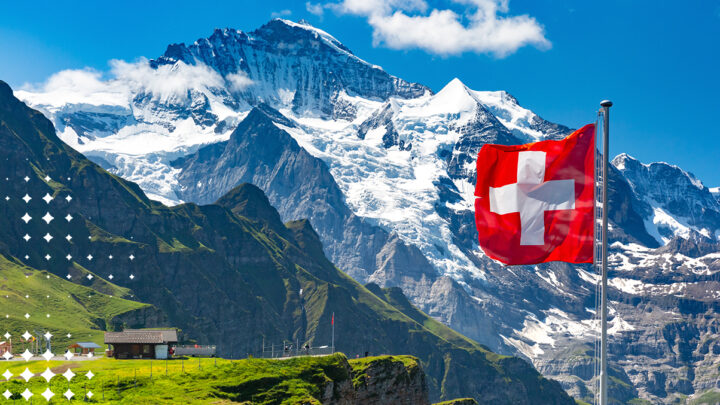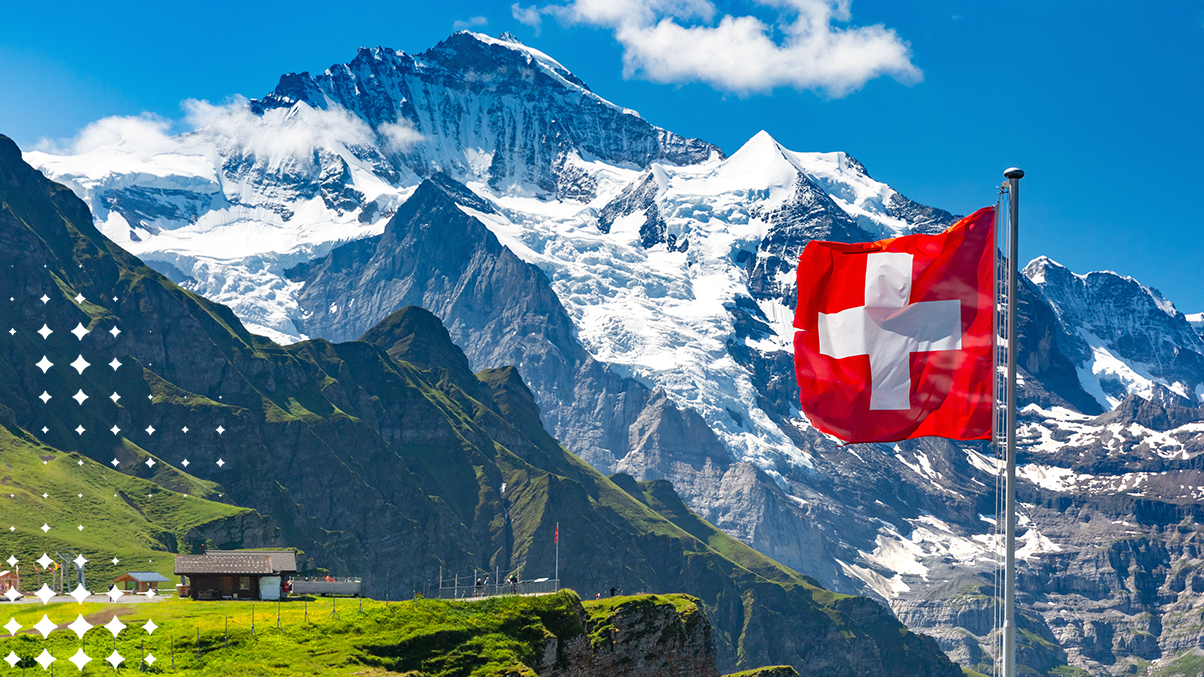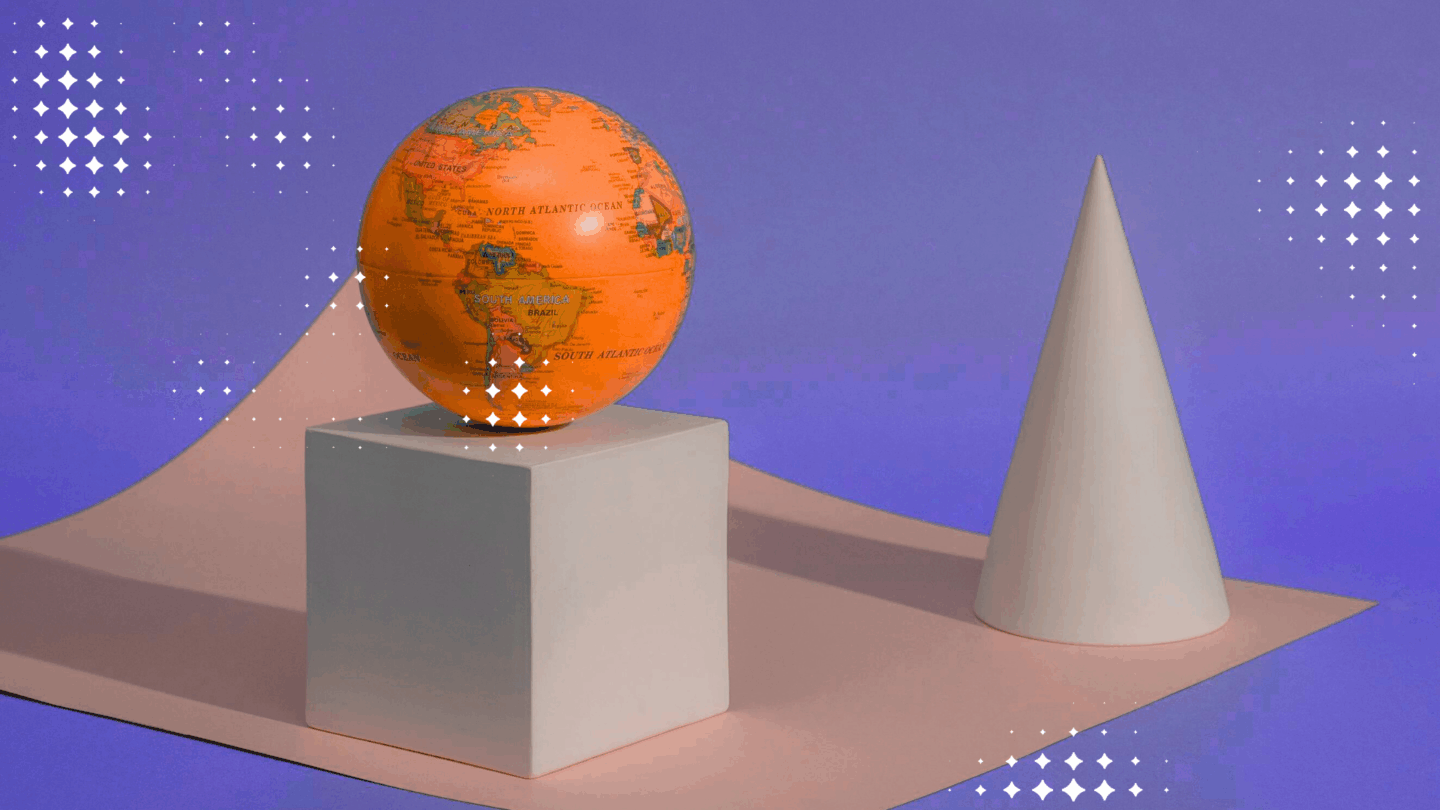Patent – everything you need to know about exclusive rights
- IP & Trademarks

Patents, just like trademark protection and copyright protection, are part of intellectual property law. Here you can read more about what patent protection means, what purpose it serves, and how to go about applying for exclusive rights.
What is a patent and how does it work?
Patents refer to a form of intellectual property rights specifically earmarked for inventions. Together with trademark protection and copyright protection, patent protection is part of intellectual property law – that is, the area of law that regulates the protection of various types of intellectual assets.
A granted patent protection gives inventors exclusivity to their inventions for a certain period of time. The exclusivity means that the holder of the invention has sole rights for the duration of the patent protection. This, in turn, means that no one else is allowed to plagiarise the invention or otherwise use it in their own products during this period.
Patents are a win/win – they benefit both companies and the state.
The purpose of the exclusive right is primarily to promote technological development in society. Without the possibility of patents, it would be far too risky to invest time, money, and labor in developing entirely new technology that someone else could copy immediately.
Patent protection is also beneficial for several parties – both for companies granted patents and the business sector in general, as well as for the state. The conditions are based on companies receiving patent protection for a limited period in exchange for the state then being allowed to publish the relevant technology.
Thanks to the exclusive rights, the holder is given the opportunity to market their invention and recoup the investments made without having to compete against other actors. When the patent protection then expires, the technology behind the invention is made public so that it can be used and hopefully further developed by others.
Complement with trademark registration for comprehensive protection
If you are granted a patent for a technical solution, the company will have exclusivity over the invention itself for 20 years. Patent protection, however, is not the same as trademark protection, which instead guarantees your exclusive rights to the company's trademark. The trademark can, for example, be a logo or a word mark—some form of unique symbol used to market your goods and/or services and that creates recognition among customers.
Actively protecting your trademark is particularly valuable when patent protection eventually expires and your invention becomes available for others to use in their own product development. With a protected trademark, you help customers distinguish your original product from copies made by other players. It helps you maintain your market positioning and leverage the advantage that patent protection provided.
How Abion Can Assist You
At Abion, we help you secure complete and reliable trademark protection on every level. Among other things, we can assist with thorough preliminary investigations and trademark applications, as well as trademark monitoring, design protection applications, and a wide range of services within domain management and web security.
Naturally, we can also refer you to the right partner for practical support with patent applications, even though we do not provide such services ourselves.
Have you been granted exclusive rights and want to learn more about why trademark protection is an important complement—and how Abion can assist you further? We warmly welcome you to get in touch with us!
Frequently asked questions about patents
Yes. We coordinate filings across multiple jurisdictions and advise on regional differences and requirements.
Yes. Track deadlines, monitor progress, and store documentation centrally.
Patents are legal protections for inventions that grant exclusive rights to make, use, or sell an invention for a set period. They turn ideas into enforceable IP assets.
No. We also review existing patents, advise on enforcement, and support portfolio management.
Patents protect your innovation from competitors, support licensing and commercialisation, attract investment, and strengthen your market position.
Do you want to know more?
Contact us, and we'll get you started!


